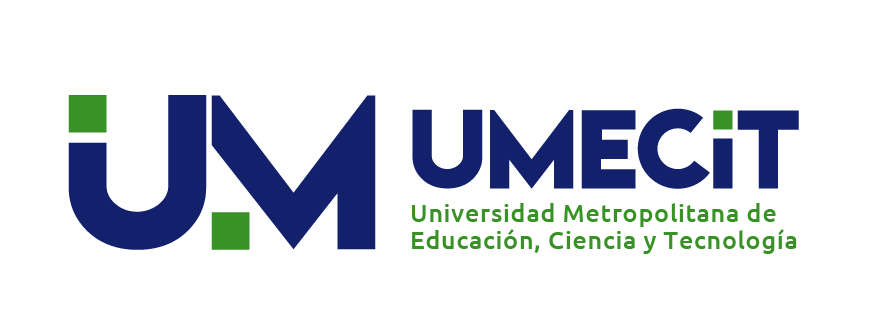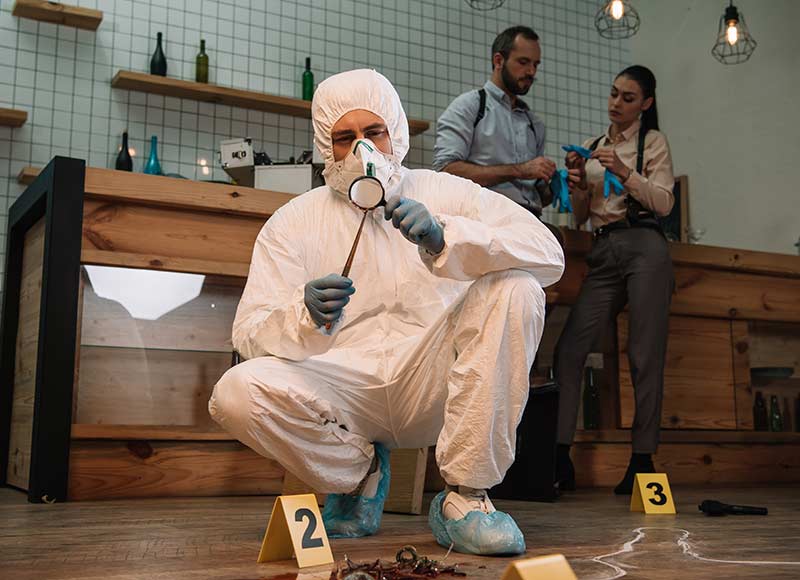
Master's Degree in Criminalistics
Duration
Modality
Faculty
CURRENT RESOLUTION OF THE MASTER'S DEGREE:
Resolution: CTDA-83-2022 IN-PERSON Date: 05/20/2022
Resolution: CTDA-84-2022 BLENDED LEARNING Date: 05/20/2022
Resolution: CTDA-85-2022 VIRTUAL Date: 20/05/2022
CURRENT RESOLUTION OF THE SPECIALIZATION:
Resolution: CTDA-80-2022 IN-PERSON Date: 05/20/2022
Resolution: CTDA-81-2022 BLENDED LEARNING Date: 05/20/2022
Resolution: CTDA-82-2022 VIRTUAL Date: 20/05/2022
Career Description
The Master's Degree in Criminalistics It is based on the application of research and new currents, for the collection of evidence and the administration of justice. Its objective is to train professionals in the knowledge of the techniques and scientific foundations of criminal investigation, criminology and forensic sciences, all fundamental aspects in the collection, support and controversy of evidence within criminal proceedings with an accusatory tendency.
The object of study of the program is the discovery, explanation and proof of the crime. The Master's Degree in Criminalistics includes interrelated areas, which provides the search for phenomena and reconstruction of the facts, pointing out the instruments and behaviors that affect the crime scene and the necessary foundations to prepare expert reports using the required legal aspects. All of the above in order to study criminal phenomena, prevent and counteract them.
Among the job opportunities in this field of knowledge we have:
- Criminal advice.
- Penitentiary centers (including that of minors).
- Criminologist experts.
- Forensic expert.
- Security and force body.
- Technical inspection professionals - ocular, lofoscopy, accidentology, among others of the branch.
- Photocopy of the Bachelor's Degree in the following areas: law, criminalistics and forensic sciences, biological chemical and health sciences, engineering, law, physics, mathematics, anthropology, graphic design and disciplines related to expert work (submit documentation) .
- Authorized translation into Spanish of degrees and credits as appropriate.
- Photocopy of Official Credits issued by the respective institution and where the minimum average is 81 (B) or academic index of 1.5.
- Basic computer skills.
- Two (2) passport size photos, in color, on white background.
- Photocopy of identity card.
- Certificate of physical health.
- Applicant's letter
- Resume.
- Study in teams and on your own.
Do research in the areas you handle. - Deepen in the knowledge you need or are interested in.
- Respect the Disciplinary Regulations of the University.
- Keeping your payments up to date.
- Attend 75% of the face-to-face meetings.
- Punctual attendance to events and academic sessions (field practices).
- Ethical and respectful conduct in the representations of the institution.
- Verify that during the first year of study they have command (verbal and written) of another language (recognized by UNESCO) that allows them to read up-to-date scientific bibliography.
- In case of prolonged absence, the student must present a justified excuse.
To obtain the Criminalistics Specialist Title, the student must:
- Complete and pass the total number of subjects of the curriculum of the specialty.
- Have an academic index of not less than two (2.0).
- Present the essay on Criminalistics.
- Demonstrate basic computer skills.
- Demonstrate knowledge of English.
To obtain the Master's Degree in Criminalistics, the student must:
- Complete and pass the total of the subjects of the study plan.
- Obtain an academic index of no less than two (2.0).
- Complete and support the degree thesis.
- Comply with the academic and administrative requirements in a term that does not exceed four years of permanence in the program.
Know:
- You will have comprehensive knowledge of the methodologies and techniques of criminalistics within the conceptual framework of the Accusatory Criminal System, Criminal Law and Criminal Procedure Law.
- You will apply the theories of crime to investigations and expert concepts in criminology.
- You will understand the scientific and legal foundations of different criminal and criminal problems in the country and the Caribbean region.
- You will develop skills for the application of scientific methods and techniques to solve criminal problems, from an interdisciplinary and integrating perspective.
- You will handle up-to-date expert techniques and tools to recognize its probative validity, its procedural effectiveness and its adaptation to the standards that are the foundation of due process.
- You will have a comprehensive vision of the legal, criminal and criminal problems of the Caribbean region from the perspectives offered by legal and forensic sciences.
- You will learn about quality management systems in forensic laboratories.
They will understand and assume the management of the administration of justice as a process of organizational legal development and transformation with social responsibility. - You will have psychological, forensic and computer skills for the preparation, presentation and defense within the framework of criminal procedure litigation.
- You will understand and apply specialized criminalistics concepts in the investigation of a crime, identifying the expert evidence in the preliminary investigation and interpreting the results of the various criminalistics expertise carried out in our country.
Do:
- Apply the current legislation in each of the consultancies, judicial and ministerial proceedings and in the expert opinions.
- Observe and analyze the facts and evidence at the scenes and situations where a crime occurs.
- Analyze the different criminalistic works that are carried out at the crime scene, in the forensic laboratory and in identification.
- Evaluate legal cases with criminal criteria, in accordance with the current regulations of the Criminal Procedure Code through the analysis of fiscal or judicial files that contain criminal expert reports.
- Apply the concept of crime within the framework of criminal law.
Carry out an internal evaluation of the state of quality systems in forensic laboratories and propose policies. - Make reports and reports both written and verbal.
Be:
- Apply critical thinking and the ability to reflect on the evidence that is linked to a crime.
- Develop the capacity for teamwork and leadership of criminal processes.
- Act with professional ethics in reports and expert reports for legal processes.
- Have a critical and innovative attitude aimed at solving problems.
You will be an innovative, resourceful, reliable, flexible, discreet and ethical professional. - You will have the ability to adapt to change as new knowledge is generated.
- You will be committed to justice and society with respect to your environment.
- You will have legal initiatives aimed at managing the solution of criminal problems.
- You will have social sensitivity towards political, cultural and technological variables.
- You will cooperate and work as a team.
Live:
- You will prove to be analytical and reflective before the political, social and economic processes in our country.
- You will prove to be receptive and conciliatory to achieve the objectives of the projects to be developed.
- You will be conducted with creativity, honesty and dedication to work promptly and carefully.
Contact us and start now
Headquarters C Panama Masters
Phone: 263-2519 Eusebio A. Morales Street, Bella Vista.
La Chorrera Headquarters
Phone: 254-1141 Ave. de Las Americas, Plaza Nueva Orleans.
Chitre Headquarters
Phone: 996-4260 In front of the Herrera park.
Santiago Headquarters
Phone: 998-0363 2nd street diagonal to vector control.
David Headquarters
Phone: 788-0018 / 788-0019
Mariví Building, Ave. Francisco Clark, David.


